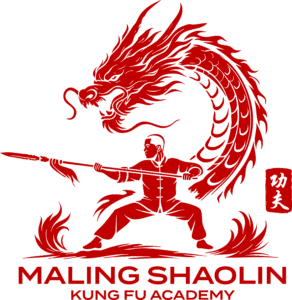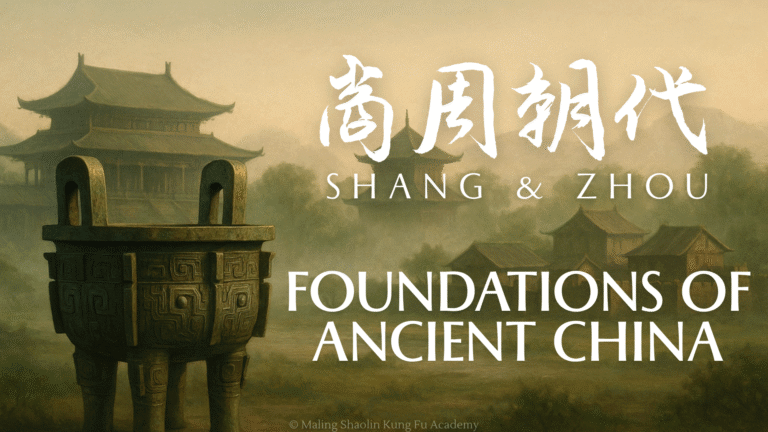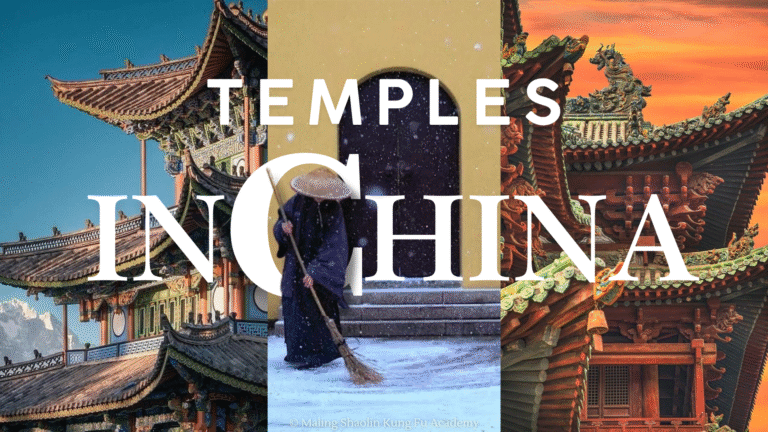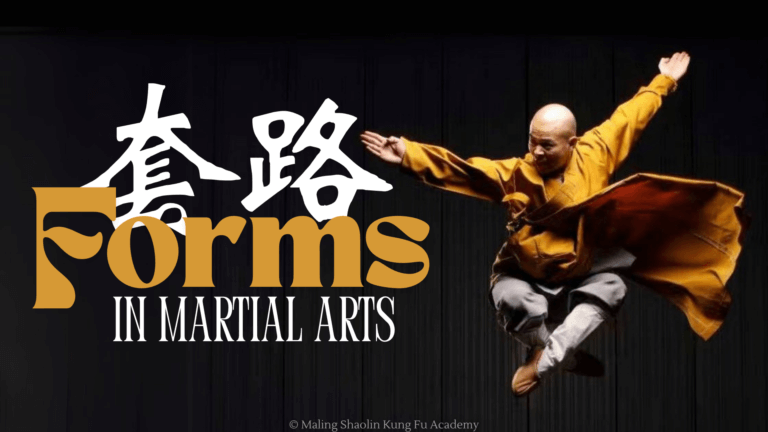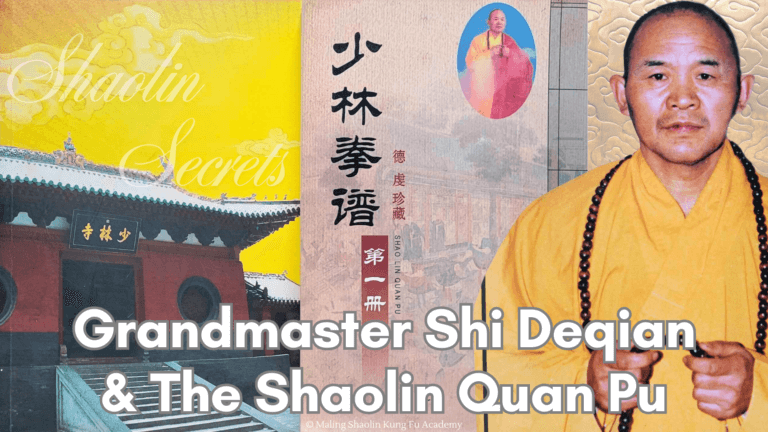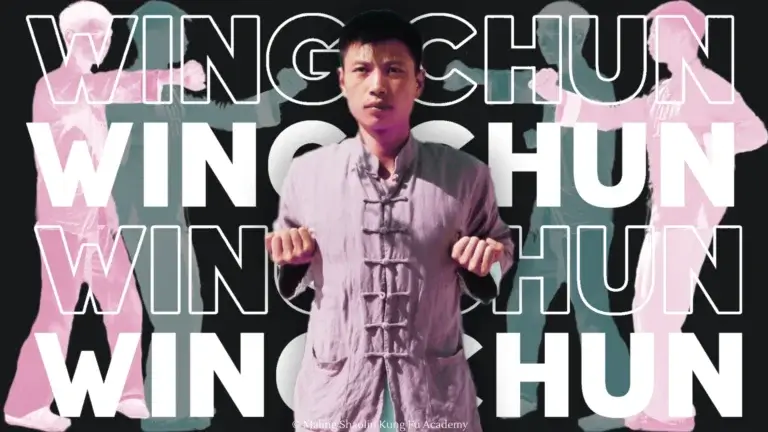The Dynasties That Shaped China Part 4
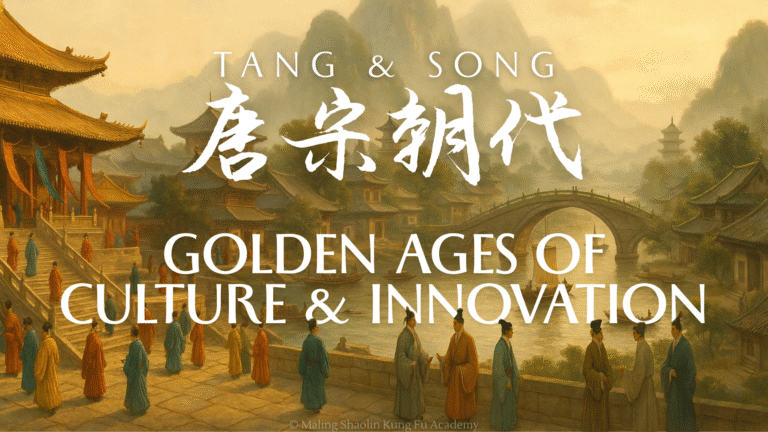
From the flourishing arts of the Tang dynasty to the scientific breakthroughs of the Song, this era marked a golden age of Chinese civilization. Discover how these dynasties transformed culture, government, commerce, and technology—setting the stage for global innovations in printing, navigation, and military strategy.
